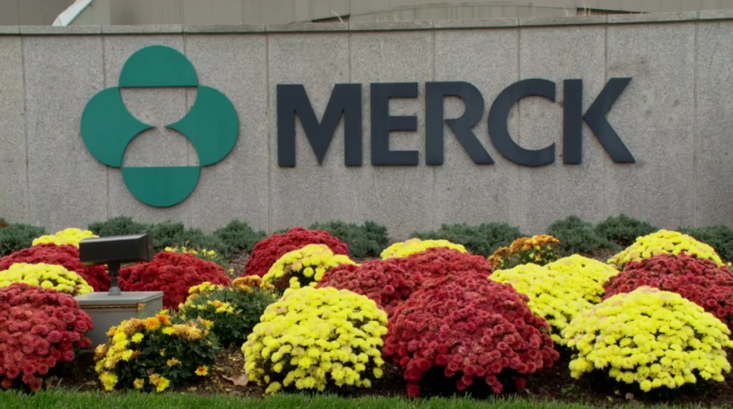Merck has linked gefapixant to statistically significant improvements in chronic cough patients in two phase 3 trials. The results cement Merck’s status as the front-runner in the race to develop a P2X3 receptor antagonist but suggest there are enough chinks in its armor to encourage the chasing pack.
Across the two trials, Merck enrolled around 2,000 patients and randomized them to receive one of two doses of gefapixant or placebo. One trial looked at the average hourly number of coughs after 12 weeks of treatment, while the other, larger study performed the same assessment after 24 weeks.
The higher, 45-mg dose of gefapixant outperformed placebo at both time points, resulting in the two trials hitting their primary endpoints. However, the 15-mg dose of gefapixant failed in both studies.
The failure of the 15-mg dose points to one potential weakness that other companies with P2X3 antagonists in their pipelines could exploit. In a phase 2b trial, the 50-mg dose of gefapixant was associated with more frequent discontinuations for reasons related to taste. Four-fifths of patients in the 50-mg cohort experienced taste-related events, compared to half of the 20-mg group. More than 10% of patients on the 50-mg dose said the taste effects were “extremely bothersome.”
Merck is yet to share any numbers from the phase 3 studies, but did reveal that gefapixant’s safety and tolerability profile is consistent with data from the earlier trial. The comment suggests that for gefapixant to be efficacious it has to be given at a dose that causes taste-related events. In Merck’s favor, the phase 2b suggested patients are willing to take gefapixant despite the bothersome taste effects, but that could change if a similarly efficacious but more tolerable drug became available.
A clutch of other companies have P2X3 antagonists in their R&D pipelines. Bayer, Shionogi and Bellus Health are all independently working on candidates that could suffer from fewer severe taste effects and be more selective than gefapixant, but those assets are less advanced than gefapixant.
Merck gained gefapixant, also known as MK-7264, in the 2016 takeover of Afferent Pharmaceuticals. The prominence of the asset as well as Merck’s potential rivals, notably Bellus, rose last year when the Big Pharma highlighted the phase 3 at its R&D day.

